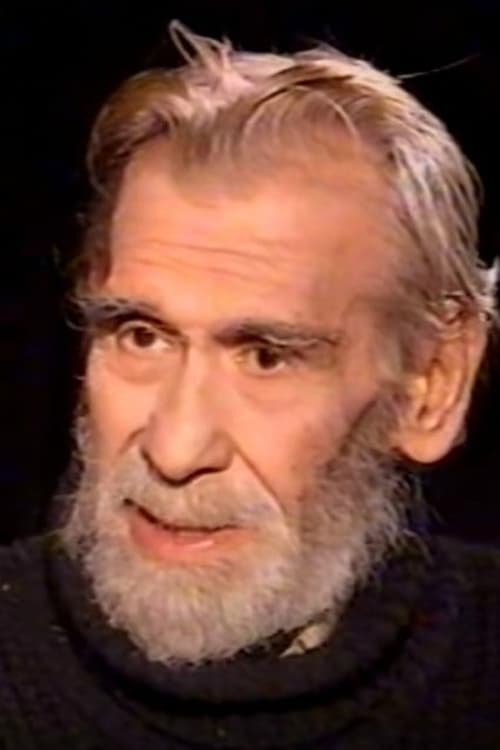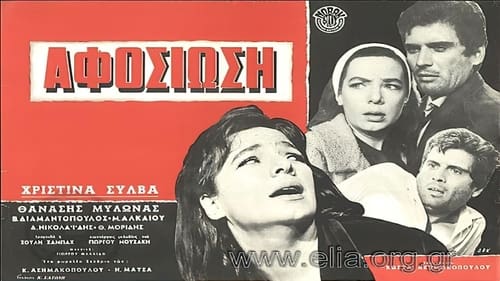
Vasilis Diamantopoulos
출생 : 1920-11-15, Piraeus, Greece
사망 : 1999-05-05
약력
Vasilis Diamantopoulos (15 November 1920 – 5 May 1999) was a Greek actor. He was one of the founders of the Modern Theater and was the first actor to appear live on Greek television in the single act play "Him and his pants" of Iakovos Kambanellis in 1966. His most characteristic role was that of the austere professor in Giannis Dalianidis' movie Law 4000 and later in shorts including Ekmek Ice Cream in private TV.
He was born in Piraeus and studied at Athens Law and at the National Theatre's Dramatic schools as well as Coon Art School. He ran together along with Maria Alkeou in 1956 at the New Theatre/Theater and in 1993 at the Different Theatre. He returned to Greece from Paris in 1970 and took part in several different companies, he also took part at the Public Theatre of Northern Greece. He also participated in many film and television productions, oppositely took part at the Dramatic Schools at the National Theatre and at Art School. His last years was a member of a hypocrite art factory for young actors. He died in Athens in 1999 from a heart attack at the Athens General Clinic due to his head fracture at the left femur which triggered from the fall. He is buried at the First Athens Cemetery.
He was married twice, firstly to the actress Tonia Karali with whom he had a daughter and secondly to the actress Marina Georgiou with whom he had a son.
Source: Article "Vasilis Diamantopoulos" from Wikipedia in english, licensed under CC-BY-SA 3.0.
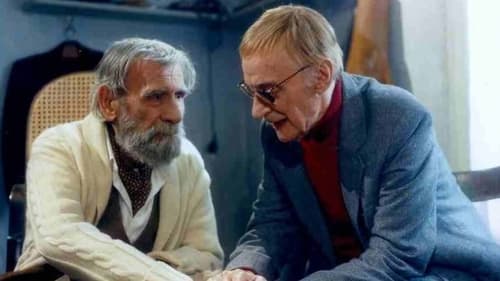
Based on the short story by Nikolai Gogol, this blackly comic fairytale is about a lonely social outcast who, in an effort to raise his status at work, spends all his money on a new overcoat, which seemingly gives him the approval he craves. But when it's stolen from him, he cannot return to his previous life of anonymity, leading to a downward spiral from which there is no return.

Alexandros wants to open a bar in a district town so he travels to Romania to find young girls to work for him.The bar has unprecedented success but then something happens.
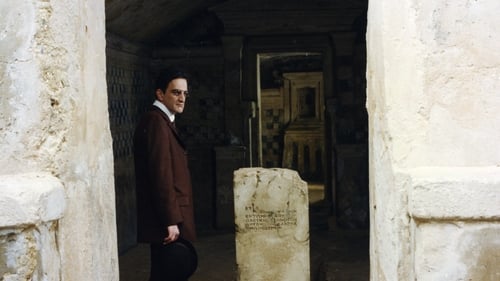
Konstantinos Kavafis (old)
An ailing, elderly poet reminisces about his life of unrest and homosexual urges.

Teacher
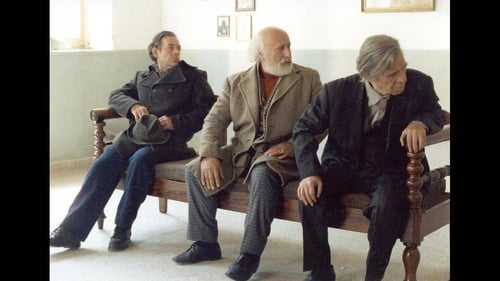
Spyros
A journalist (Alekos Alexandrakis), working together with a young director (Peris Michailidis), tries to gather information about a family that was separated due to political turmoil. They locate some of its members, who tell their dramatic stories that began with the Civil War. The two men’s search is interrupted when a key person refuses to speak

Colonel
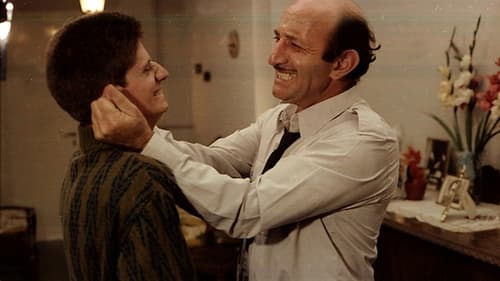
Periklis Papachristoforos
The most important political, post-military junta satire about the nation, the religion, the education, the family.
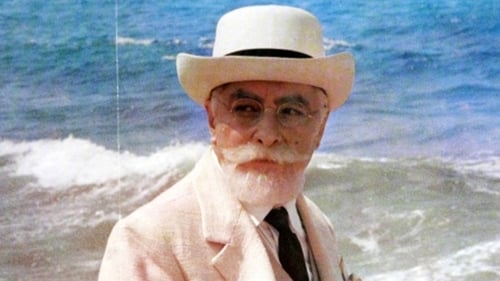
Apostolos
A biographical film about the great Greek politician Eleftherios Venizelos for the period between 1910-1927. The film highlights his vision of a Greater Greece and refers to important events in Greek history such as the formation of a government by Venizelos after the Goudi movement, his dispute with the King over Greece's stance in the First World War, the temporary his withdrawal from politics after his defeat in the 1920 elections and the Asia Minor disaster. A biography of the former Greek prime minister Eleftherios Venizelos and the recreation of his acts and the political and social climate in Greece from 1910 to 1927.

Four robbers attempt, between several misfortunes, to steal a famous statue from the museum of Delfi under the orders of a blackmailer.
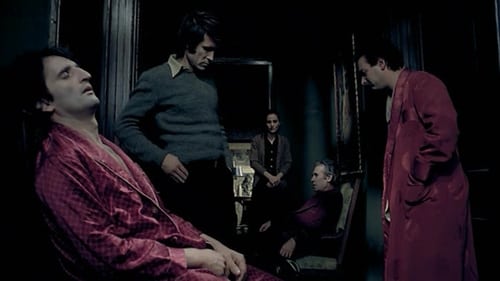
Father
In this black comedy, the men in a lovely mansion slowly give in to a kind of terminal sloth after they are freed from the need to actually work. The father takes to his bed after his hernia acts up and never leaves it. Of his three sons, only one wants to do much about leaving, and he does in fact cross the front threshold of the house with his lover, who is also the maid. However, before he has gotten very far, he is very tired, and goes to sleep where he stands. One of the sons outdoes them all by sleeping literally all the time. He is not in a coma -- he is just very, very lazy and tired. Some critics have viewed this film as a sharply delineated social satire.

Porphyre Aristophanopoulos
In a cul-de-sac in the Faubourg-Saint-Antoine, Leon shares two rooms with his sister Marie. In one, he receives his clients: he is a tailor. In the other, Marie receives her own: she is a clairvoyant. Leon was happy until he learned what Marie was hiding from him. She is actually a prostitute, and Maxime, her supposed fiancé, is her pimp. On the same day, Leon also discovers love in the form of Arlette, a provincial young woman picked up by Marie.
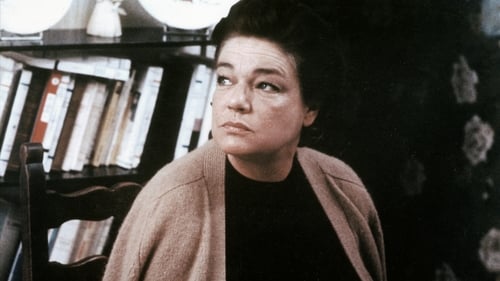
주인공 제라드는 체코슬라바키아의 외무부 차관이다. 요즈음 그는 누군가 자신을 감시하고 미행하고 있다고 느낀다. 그리고 어느 날, 그는 체포되어 독방에 감금당한다. 인민의 최고의 종복이었던 제라드는 수사과정에서 정신적인 고문을 당하면서 자신이 국가 반역에 대한 자백을 강요당한다. 체코슬로바키아의 공산주의자였던 아더 런던의 실화를 바탕으로 하고 있는 반공산주의 영화이지만, 동시에 전체주의에 반기를 들고 있는 작품이다.
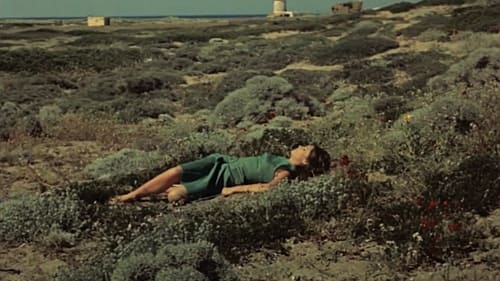
Rizzardi
A Bullet Through the Heart (French: Une balle au cœur, Greek: Μια σφαίρα στην καρδιά) is a 1966 Franco-Greek film directed by Jean-Daniel Pollet. Francesco, a young Sicilian aristocrat, scars an aging gangster who has set out to take away his property. The gangster vows to obtain vengeance, and Francesco is forced to flee across Greece with his girl friend, pursued by his antagonist's vicious henchmen.
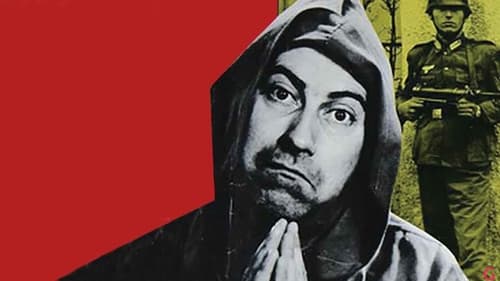
Anestis
Two friends (Thanasis Vengos and Vasilis Diamantopoulos) meet after many years and recollect the tragi-comic events they went through during the German occupation.

Andreas
Maria falls in love with George who is a student of her strict father, Andreas Economou. Dolly, a classmate of Maria spends a night with George and the next morning tells Maria about it. ..

Manolis
This film is a social comment of the times, exploring issues that centre around relationships and what was allowed and what was not allowed at the time (early 60s) in Greece. There are sub-plots also, mainly relating to the life of the poor city dwellers, social injustice and seeming double standards. Aliki Vougiouklaki is a poor young girl dreaming of a better life and the "handsome prince on a white stallion" who will deliver her from her miserable existence. She meets and falls in love with a young man (Nikos Kourkoulos) who also falls in love with her, but things are not as simple as they first seem. His past comes to haunt them with tragic consequences. Vassilis Diamantopoulos is excellent as the half-crazed old captain whose life strangely echoes that of young Aliki.

Inspector Fox
Adapted from Nikos Foskolos’ theatrical play. On a terribly stormy night, in a secluded hotel, the owner, Brigadier Norton, is murdered. Prime suspects: his daughter Elena, his second wife Liza, Liza’s niece and her fiancé, Norton’s physician, and the hotel staff. Inspector Fox and his assistant, policeman Petridis, are assigned the investigation of the crime. While the suspects’ questioning is under way, some more people arrive at the hotel: detective Tilemachos Christofis with his assistant Aliki, and lieutenant Karalis, a sworn enemy of the victim, complicating things even more.
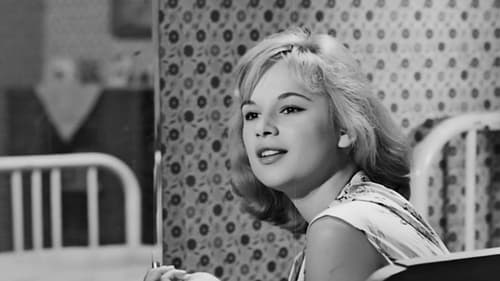
Vasilis
A modest film of three independent parts showing sad couple stories.
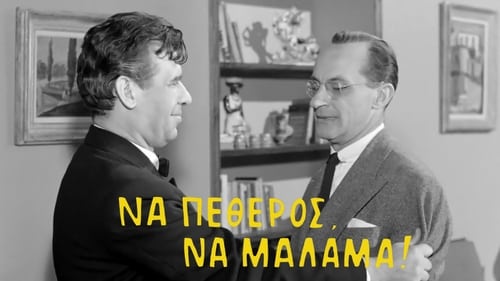
Andreas Dellis
A few hours after the arrival of Aristeidis (Dinos Iliopoulos), Mary's (Kakia Analyti) soon to be fiance, her father Andreas (Vasilis Diamantopoulos), an upstanding citizen, lies about having a meeting with the Bishop and instead goes to meet his neighbor Betty (Anna Kyriakou). Aristeidis, on his way to Mary's house as a series of misfortunes and ends up in a fight with Andreas (whom he does not know) while he is with Betty at a studio apartment.

An old chauffeur, after removing his rambling son, decides to live with his orphaned girl while facing the advent of the car that displaces the carts.

Stelios

Colonel Miltiadis Marelis
The Last Mission (Greek: Teleftaia apostoli) is a 1950 Greek drama film directed by Nikos Tsiforos. It was entered into the 1951 Cannes Film Festival.

